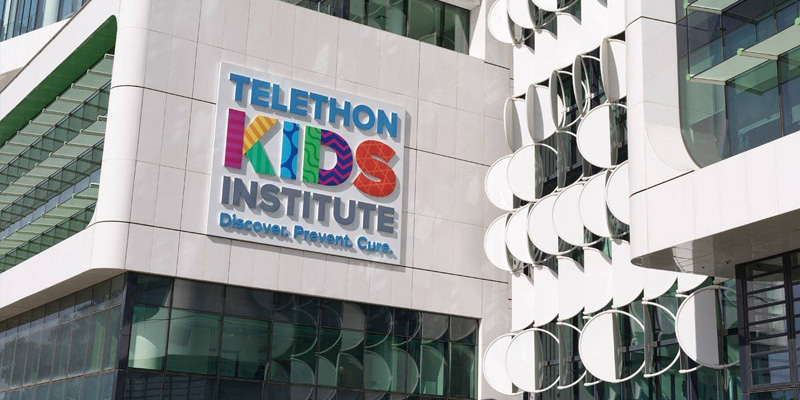Search

News & Events
Healthway supports innovative mental health, physical activity research at The KidsThe Kids Research Institute Australia and The University of Western Australia researchers have been awarded more than $1 million in funding from Healthway, for projects to improve the mental health of LGBTQA+ young people, encourage early physical activity in childcare centres and create healthier local environme
Research
The effect of upgrades to childcare outdoor spaces on preschoolers’ physical activity: Findings from a natural experimentThis natural experiment investigated the influence of early childhood education and care outdoor physical environment upgrade on preschoolers' physical activity
Research
The association between preschooler physical activity duration and intensity and social emotional development: Findings from the PLAYCE studySocial emotional development is imperative to young children's long-term psychological and physical health. Physical activity (PA) may be important for young children's social emotional development. The association between preschooler PA duration and intensity and social emotional development was investigated.
Research
Interventions to Improve Child Physical Activity in the Early Childhood Education and Care Setting: An Umbrella ReviewEarly childhood education and care (ECEC) services are a key setting to support improvements in the physical activity of young children. This umbrella review gathered and synthesised systematic review evidence of the effectiveness of interventions in the ECEC setting on the physical activity levels of children aged 0–6.
Research
Commitments to Improve Food Environments in Western Australia: A Review of Local Government Public Health PlansFood environments are significant drivers of obesity and diet-related diseases, making them key targets for interventions that support healthier food choices. The role of Local Government Authorities is pivotal in shaping community food environments.
Research
Neighborhood Places for Preschool Children's Physical Activity: A Mixed-Methods Study Using Global Positioning System, Geographic Information Systems, and Accelerometry DataThis study adds to the current literature by using a novel device-based method to explore where preschool children are physically active outside of home and childcare settings. This study combined accelerometry with geospatial data to explore the influence of the environment on preschool children's physical activity by objectively identifying the locations where preschool children engage in moderate to vigorous physical activity (MVPA) within and outside of their neighborhood.
Research
Models of school breakfast program implementation in Western Australia and the implications for supporting disadvantaged studentsA substantial body of literature points to the educational and social benefits of school breakfast programs. Most high-income countries provide free or subsidized school breakfasts to support disadvantaged children. Australia does not have a nationally-funded school meal program. Instead, charitable organizations offer school breakfast programs on a voluntary basis, often with funding support from state/territory governments.
Research
The impact of weather on time allocation to physical activity and sleep of child-parent dyadsPrevious studies showed that unfavourable weather conditions discourage physical activity. However, it remains unclear whether unfavourable weather conditions have a differential impact on physical activity in children compared with adults.
Research
Residential mobility amongst children and young people in Wales: A longitudinal study using linked administrative recordsChild poverty remains a major global concern and a child's experience of deprivation is heavily shaped by where they live and the stability of their local neighbourhood. This study examines frequencies and patterns of residential mobility in children and young people at a population level using novel geospatial techniques to assess how often their physical environment changes and to identify geographical variations in social mobility.
Research
Effects of dog ownership on children’s social-emotional development: findings from the PLAYCE cohort studyDog ownership is common in families with children and could play a role in children's social-emotional development. This study used longitudinal data on dog ownership and changing dog ownership to investigate their effects on young children's social-emotional development.
